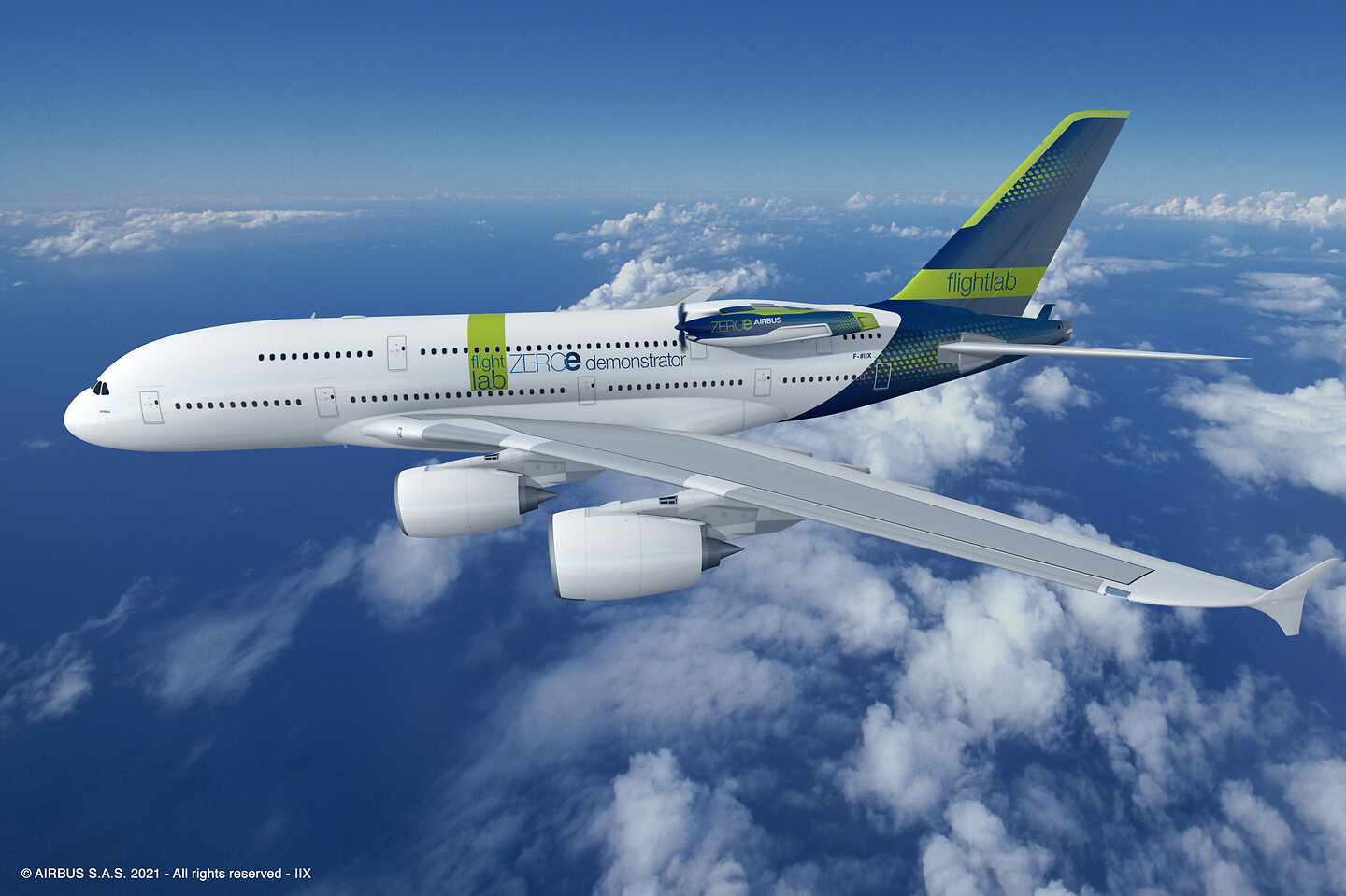

Top Story
Airbus continues to advance in its decarbonization goals
On November 30 and December 1, expert guests from across the globe from the aviation, business, science, automotive and energy sectors convened in Toulouse, France, for the 2022 edition of the Airbus Summit. Their mission was clear – explore promising innovations, disruptive technologies and cross-sector initiatives accelerating the pathway towards net-zero aviation. This year’s Summit showcased tangible progress and achievements made by the aerospace sector.
On Day One, Airbus led a discussion on the future of space technologies with a special emphasis on future lunar architecture, announced a Memorandum of Understanding (MoU) with Neste to jointly advance the production and uptake of Sustainable Aviation Fuel (SAF), and communicated on a joint venture with ArianeGroup to work together to build the first liquid hydrogen refueling facility for ZEROe aircraft at Toulouse-Blagnac airport.
Additionally, Airbus unveiled its development plans for a hydrogen-powered fuel cell engine. The propulsion system is being considered as one of the potential solutions to equip the ZEROe aircraft that will enter service by 2035.
On Day Two, guests woke up in Munich, Germany after being transported on board an A350 that flew from Toulouse, France with 30 percent SAF. This day, the focus shifted to tackling the need for robust European defense and security and why this is a prerequisite to achieve Airbus’ sustainability targets.
During the Airbus Summit, the headlines announcements were also made:
● Airbus signed a partnership agreement with HyPort, a joint venture between ENGIE Solutions and the Regional Agency for Energy and Climate in Occitanie (AREC), to support the development of one of the world’s first low carbon hydrogen production and distribution stations at an airport.
● Airbus and Renault Group signed a research and development agreement aimed at enhancing transversalities and synergies to accelerate both companies’ electrification roadmaps, improving their respective range of products. This partnership will help Airbus mature technologies associated with future hybrid-electric aircraft.
● Airbus UpNext and CERN, the European Laboratory for Particle Physics, launched a project to evaluate how superconductivity can contribute to the decarbonisation of future aircraft systems. The Super-Conductor for Aviation with Low Emissions (SCALE) demonstrator aims to promote the adaptation and adoption of superconducting technologies in airborne electrical distribution systems.
● Airbus unveiled its DisruptiveLab, a new flying laboratory designed to test technologies destined to improve aircraft performance and to reduce helicopters’ CO2 emissions.
For more information contact:
Jasnna Pempelfort
Communications Manager
jasnna.pempelfort@airbus.com
